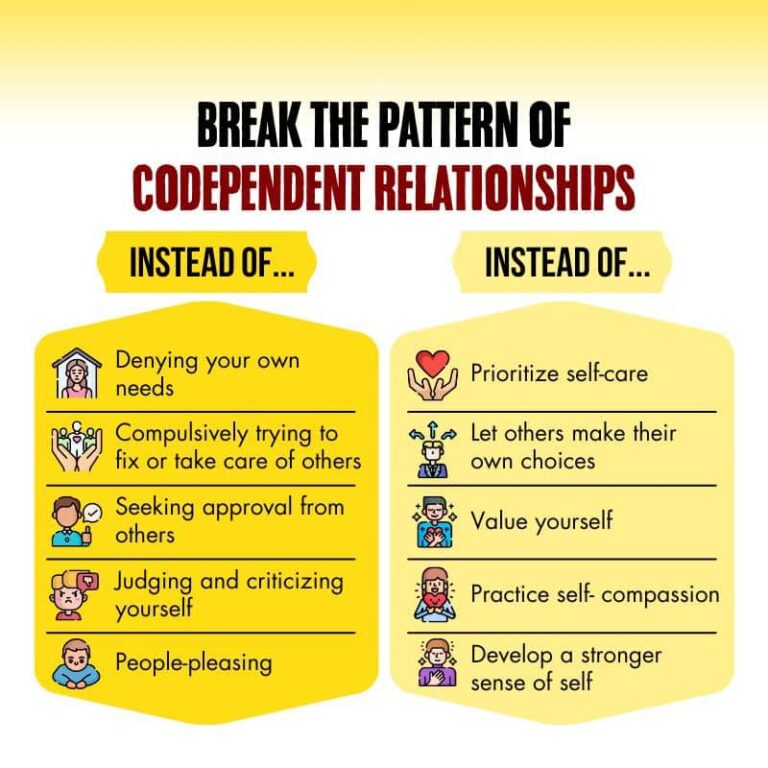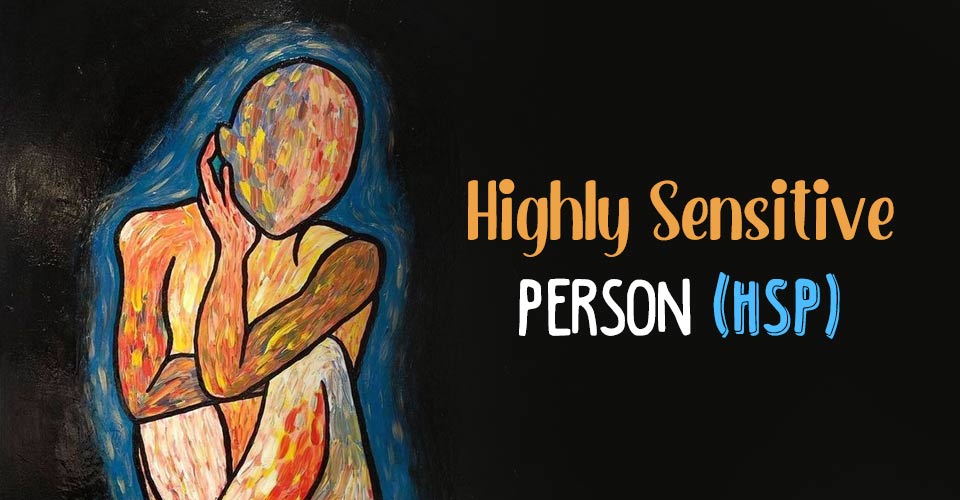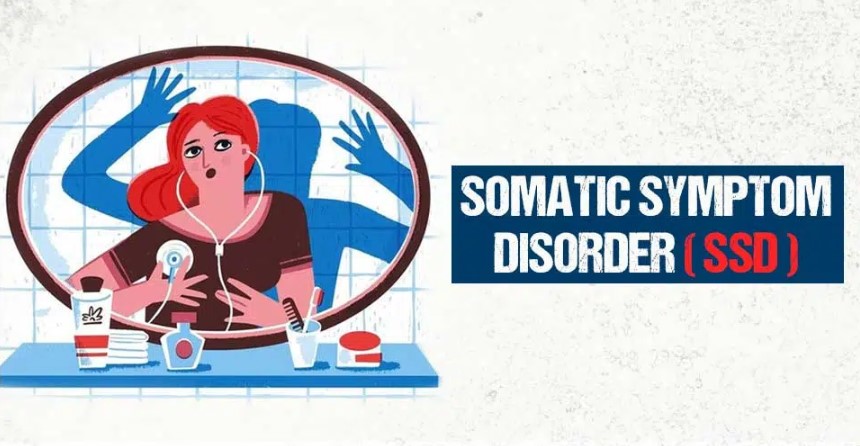Codependency means reliance on another person for validation, identity, or a sense of purpose. This may result in an unhealthy dynamic where others feel burdened by the constant need to support the affected one. This pattern can hinder personal growth, as individuals may neglect their own needs and boundaries in favor of catering to others. Overcoming codependency is crucial for fostering healthier relationships and individual well-being and mental health.
Understanding Coping With Codependency
Coping with codependency involves a multifaceted approach [mfn] Knapek, E., & Kuritárné Szabó, I. (2014). A kodependencia fogalma, tünetei és a kialakulásában szerepet játszó tényezők [The concept, the symptoms and the etiological factors of codependency]. Psychiatria Hungarica : A Magyar Pszichiatriai Tarsasag tudomanyos folyoirata, 29(1), 56–64. [/mfn] that encompasses both therapy, medication, self-help strategies, and personal support.
How To Cope With Codependency: Treatment
Treatment [mfn] Vederhus, J. K., Kristensen, Ø., & Timko, C. (2019). How do psychological characteristics of family members affected by substance use influence quality of life?. Quality of life research : an international journal of quality of life aspects of treatment, care and rehabilitation, 28(8), 2161–2170. https://doi.org/10.1007/s11136-019-02169-x [/mfn] for overcoming codependency involves a number of therapies like:
- Cognitive-Behavioral Therapy (CBT): Helps identify and challenge negative thought patterns and behaviors associated with codependency.
- Dialectical Behavior Therapy (DBT): Focuses on developing mindfulness, emotion regulation, interpersonal effectiveness, and distress tolerance skills.
- Schema Therapy: Targets deeply ingrained patterns and beliefs acquired in childhood, facilitating change through cognitive, behavioral, and experiential techniques.
- Group Therapy: Provides a supportive environment for individuals to share experiences, gain insight, and receive feedback from peers.
- Family Therapy: Addresses dysfunctional family dynamics and helps improve communication, boundaries, and conflict resolution skills.
- Assertiveness Training: Teaches individuals how to express their needs, desires, and boundaries effectively, without feeling guilty or anxious.
- Mindfulness And Meditation: cultivates awareness of thoughts, emotions, and behaviors, promoting self-compassion and acceptance.
- Self-Help Books And Workbooks: Offer practical strategies, exercises, and insights for individuals to work on overcoming codependency independently.
- Support Groups (e.g., CoDA – Co-Dependents Anonymous): Provide a sense of community, validation, and encouragement for individuals on their journey to recovery.
Read More About Cognitive-Behavioral Therapy (CBT) Here

Self-help Tips For Overcoming Codependency
Consider the following self-help [mfn] Martsolf, D. S., Sedlak, C. A., & Doheny, M. O. (2000). Codependency and related health variables. Archives of psychiatric nursing, 14(3), 150–158. https://doi.org/10.1053/py.2000.6387 [/mfn] tips for overcoming codependency:
- Establish clear boundaries
- Prioritize self-care
- Practice assertiveness
- Seek therapy or support groups
- Learn to say no
- Challenge negative thought patterns
- Cultivate independence
- Practice mindfulness and self-reflection
- Let go of the need for approval
- Focus on personal growth
Read More About Mindfulness Here
Coping With Codependency And Mental Illness
Coping with codependency can be difficult, particularly when living and dealing with a person who is affected by challenging mental health conditions [mfn] Biering P. (1998). “Codependency”. A disease or the root of nursing excellence?. Journal of holistic nursing : official journal of the American Holistic Nurses’ Association, 16(3), 320–337. https://doi.org/10.1177/089801019801600303 [/mfn] such as addiction, borderline personality disorder (BPD), depression, anxiety, and others. In such circumstances, individuals with codependent tendencies may feel compelled to lean on others for their needs. This may result in the caregiver neglecting his/her own needs for the sake of their loved ones affected by mental illness and codependency.
In such situations, it’s crucial for the caregiver to prioritize his/her own mental health too. He/she must consider practicing empathy while prioritizing self-care and establishing clear boundaries. If the need arises, seeking professional help caters to the caregiver’s emotional well-being.
Takeaway
Codependency exerts a significant toll on mental health, affecting both the dependent individual and their caregiver. Recognizing the destructive patterns of codependency is crucial for fostering healthier relationships and promoting overall well-being for all involved parties. Through education, therapy, and the cultivation of self-awareness, individuals can break free from codependent dynamics, leading to greater autonomy, resilience, and emotional fulfillment.
At A Glance
- Coping with codependency involves navigating complex behavioral and emotional patterns.
- Overcoming codependency is vital for fostering healthier relationships and personal well-being.
- Treatment options for overcoming codependency include therapy (CBT, DBT, schema therapy), support groups, and self-help strategies.
- Establishing clear boundaries, prioritizing self-care, and cultivating independence are key steps in measures on how to cope with codependency.
- Living with a codependent mentally ill loved one requires empathy, boundary-setting, and specialized support.
- Addressing codependency leads to greater autonomy, resilience, and emotional fulfillment for all involved.
Frequently Asked Questions (FAQs)
1. How Do You End A Codependent Relationship?
Ending a codependent relationship involves setting firm boundaries, seeking support, and prioritizing one’s own well-being.
2. Is It Possible To Heal From Codependency?
Yes, it is possible to heal from codependency through self-awareness, therapy, and developing healthier relationship patterns.
3. How Can You Turn Codependency Into Love?
Transforming codependency into love involves cultivating independence, mutual respect, and a deep emotional connection within the relationship.









